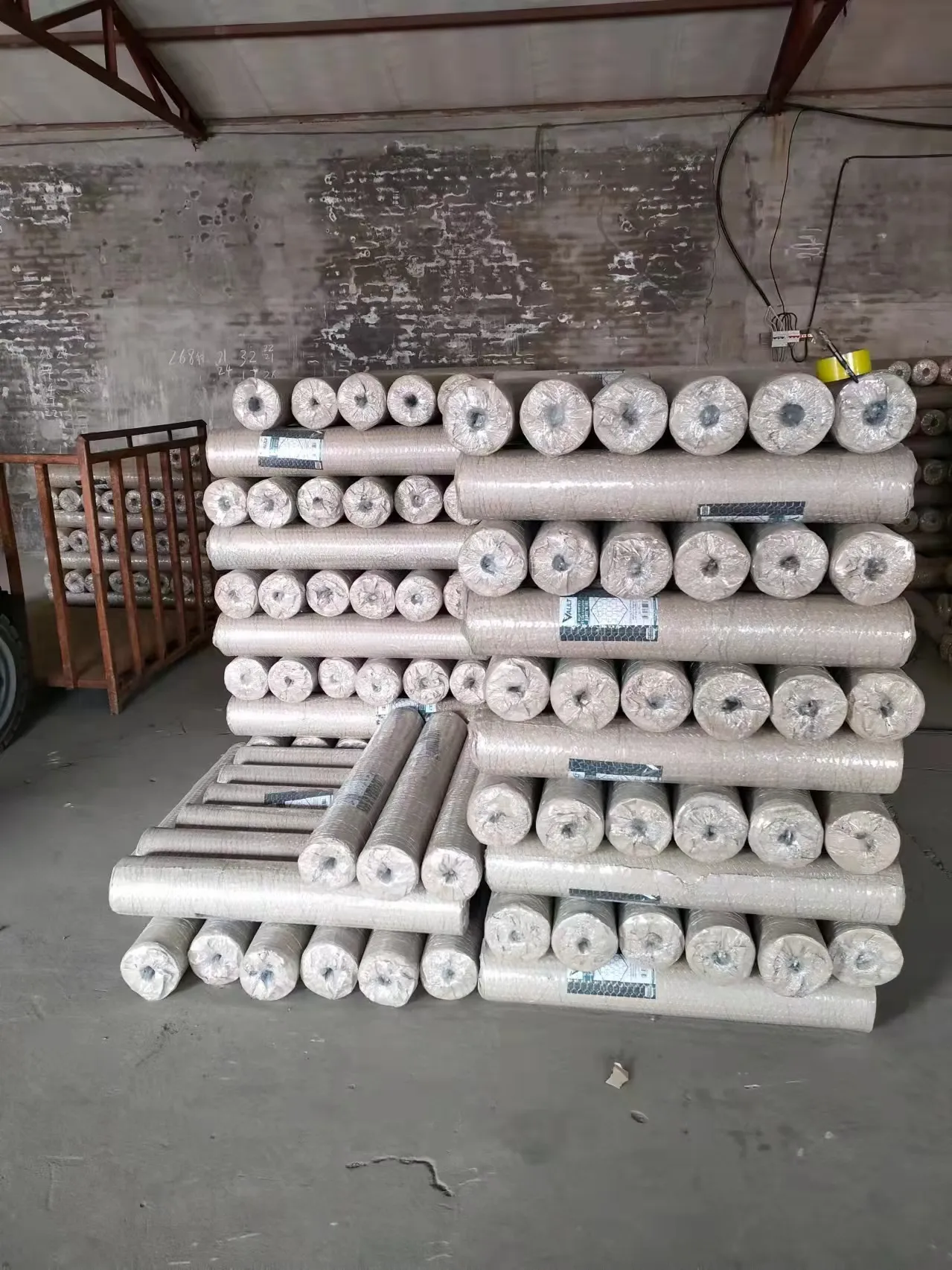Ott . 17, 2024 03:53 Back to list
Effective Strategies for Installing Fencing for Horse Pastures and Management
Field Fencing for Horses Ensuring Safety and Efficiency
When it comes to keeping horses safe and secure, one of the most critical investments that a horse owner can make is in appropriate field fencing. Horses are inherently curious and strong creatures, and their well-being can depend upon the quality and type of fencing used in their habitats. This article will discuss the various types of fencing available for horse fields, key considerations for installation, and the overall impact of proper fencing on horse management.
Types of Fencing for Horses
1. Wooden Fencing Wooden fence panels, particularly those made from sturdy timber, are a traditional choice among horse owners. They provide a robust and aesthetically pleasing barrier. Rail fencing is popular, with configurations typically consisting of three to four rails, providing visibility and a clear boundary for the animals. However, while wooden fences are durable, they require regular maintenance to prevent rot and damage from weather conditions.
2. Vinyl Fencing Vinyl fencing has emerged as a modern alternative to traditional wood. It is non-toxic, resistant to weathering, and requires minimal maintenance compared to wood. Vinyl fencing is available in various styles and colors, allowing owners to choose aesthetically pleasing options that fit their property’s landscape. However, it is essential to choose high-quality vinyl products to avoid brittleness and cracking over time.
3. Electric Fencing Electric fencing is another popular option for horse owners, especially on expansive properties. It is often used to supplement other types of fencing or as a primary means of containment. Electric fencing can deter horses from pushing against or attempting to escape from traditional boundaries while providing an effective means of keeping other animals out. It is crucial to ensure that the electric current is safe and that the horses are trained to respect the boundaries established by the electric fence.
4. Wire Fencing Barbed wire, though primarily used in cattle ranching, can be unsuitable for horses due to injury risks. Instead, smooth wire fencing can be a better option, provided it is used in conjunction with a supportive structure like wooden posts. Adequate spacing and height are essential to prevent horses from getting their legs caught or suffering injuries. Protective measures, such as adding wooden spacers, enhance safety for horses within wire enclosures.
Key Considerations for Installation
field fencing for horses

When installing field fencing, owners should consider several vital factors
- Height and Spacing The ideal fencing height for horses is generally between 4.5 to 5 feet to discourage jumping. Proper spacing of horizontal rails or wires is crucial to prevent horses from getting stuck or injuring themselves.
- Ground Conditions Assess the type of terrain where horses will be housed. Rocky or hilly areas may require more robust fencing options and more sturdy posts to withstand erosion and shift movement.
- Visibility Horses need to see their surroundings clearly to feel safe. Fencing with high visibility (such as wood and vinyl) reduces the likelihood of accidents caused by panic or confusion.
- Maintenance Regardless of the fencing type chosen, regular inspections and maintenance are necessary. Check for signs of wear, damage, or sagging, as well as ensure that any energy source for electric fencing remains functional.
The Impact of Proper Fencing on Horse Management
Proper fencing is not just about containment; it plays a critical role in the overall management of horses. Enclosed areas prevent injuries from escaping and protect horses from external threats such as predators or intruders. Additionally, well-planned fencing allows for safe segregation of horses for various activities, such as training, feeding, and recovery times.
In conclusion, investing in appropriate field fencing for horses is a fundamental aspect of responsible horse ownership. By understanding the different types of fencing available, key installation considerations, and the long-term benefits, horse owners can ensure that their equine companions remain safe, healthy, and happy in their environments. Ultimately, effective fencing contributes to a more efficient and worry-free approach to horse management.
-
The Role of Field Wire Fence in Grassland Conservation
NewsJul.15,2025
-
Stainless Steel Razor Wire Durability in Coastal Environments
NewsJul.15,2025
-
Enhancing Home Security with Mesh Fences
NewsJul.15,2025
-
Diamond Mesh Wire for Small Animal Enclosures
NewsJul.15,2025
-
Common Wire Nail Tensile Strength Testing for Woodworking
NewsJul.15,2025
-
Barbed Wire Corrosion Resistance Galvanization Techniques
NewsJul.15,2025









